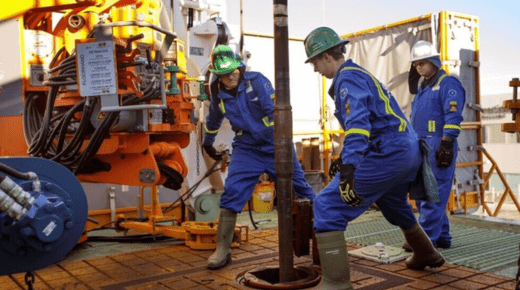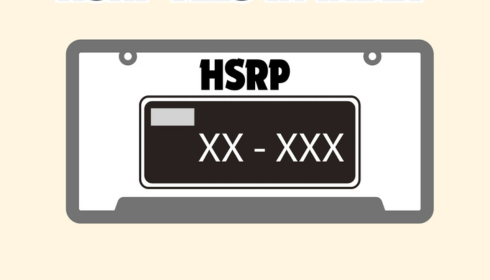
Drilling contractors play a pivotal role in the execution of environmental and geotechnical projects. Their expertise and services are critical for gathering data, ensuring site safety, and facilitating various engineering tasks. This article explores the essential functions of drilling contractors, highlighting their contributions to both environmental and geotechnical projects.
Overview of Drilling Contractors
Drilling contractors are specialized professionals who provide drilling services for a wide range of applications, including environmental investigations, geotechnical assessments, and construction projects. Their role encompasses the planning, execution, and management of drilling operations, utilizing advanced equipment and techniques to obtain necessary data from subsurface conditions.
The Role of Drilling Contractors in Environmental Projects
In environmental projects, drilling contractors are essential for assessing and mitigating environmental impacts. Their responsibilities include:
1. Soil and Groundwater Sampling
Drilling contractors are tasked with obtaining soil and groundwater samples to analyze contamination levels. This involves drilling boreholes to collect soil cores and water samples from various depths. The data acquired is crucial for determining the extent of pollution, identifying potential hazards, and developing remediation strategies.
2. Environmental Site Assessments
For site assessments, drilling contractors conduct exploratory drilling to gather information about subsurface conditions. This data helps environmental engineers and scientists evaluate potential risks and devise appropriate measures to protect natural resources and public health. The information collected assists in creating detailed environmental reports and ensuring compliance with regulatory standards.
3. Remediation and Monitoring
In cases where environmental contamination is identified, drilling contractors are involved in the remediation process. They perform drilling to install monitoring wells and recovery systems that help in tracking the effectiveness of cleanup efforts. Their work ensures that remediation activities are carried out effectively and that the environmental conditions improve over time.
The Role of Drilling Contractors in Geotechnical Projects
Geotechnical projects rely heavily on drilling contractors to provide critical information about soil and rock properties. Their contributions include:
1. Site Investigation and Testing
Drilling contractors conduct site investigations to assess soil and rock conditions before construction begins. This involves drilling boreholes to obtain soil samples and perform in-situ tests, such as Standard Penetration Tests (SPT) and Cone Penetration Tests (CPT). The data gathered is used to determine the bearing capacity of the soil, evaluate stability, and design appropriate foundations for structures.
2. Foundation Design Support
For the design of foundations, drilling contractors provide essential data on subsurface conditions. Their drilling operations reveal the soil stratigraphy and rock quality, enabling engineers to design foundations that can support the structural loads. Accurate data from drilling contractors helps in preventing foundation failures and ensuring the longevity of structures.
3. Slope Stability Analysis
In projects involving slopes or embankments, drilling contractors perform drilling to assess soil and rock stability. They provide data necessary for slope stability analysis, which helps engineers design reinforcement measures to prevent landslides or erosion. Their work is crucial for ensuring the safety and integrity of slopes in both natural and engineered environments.
Importance of Expertise and Technology
The role of drilling contractors in both environmental and geotechnical projects requires a high level of expertise and the use of advanced technology. Drilling contractors must be well-versed in various drilling techniques, including rotary, auger, and air rotary drilling. They also need to operate sophisticated equipment, such as drill rigs and core barrels, to perform accurate and efficient drilling operations.
Moreover, adherence to safety standards and regulatory requirements is paramount. Drilling contractors must ensure that their operations comply with environmental regulations and safety protocols to prevent accidents and minimize environmental impacts.
Conclusion
Drilling contractors are integral to the success of environmental and geotechnical projects. Their expertise in drilling operations provides essential data for environmental assessments, remediation efforts, and geotechnical investigations. By performing critical tasks such as soil and groundwater sampling, site investigations, and foundation support, drilling contractors contribute significantly to the safety, effectiveness, and sustainability of various projects. Their role is indispensable in ensuring that environmental and geotechnical challenges are addressed with precision and professionalism.



